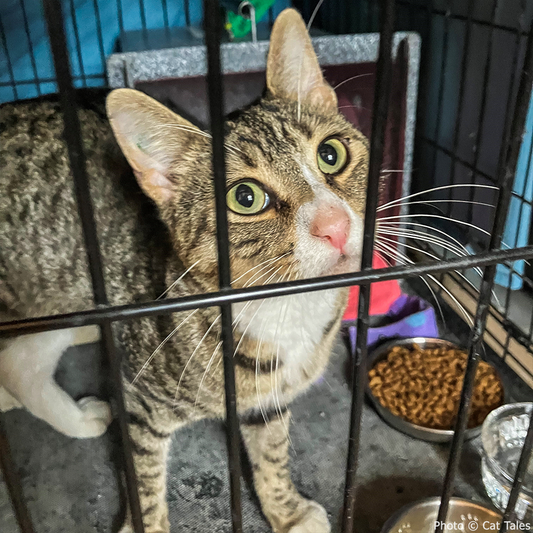Dwindling Pollinator Populations Threaten Coffee and Cocoa Production
Matthew Russell
Pexels
In a world where coffee and chocolate are morning staples and sweet indulgences, the role of pollinators might not be on everyone's mind. However, an alarming study warns that the decline of these crucial insects could hit coffee and cocoa production hard, potentially changing the future of these beloved treats.
Pollinators: A Hidden Link to Coffee and Cocoa
Pollinators, such as bees, flies, and moths, play a vital role in pollinating crops. In fact, about 35% of the world's food crop and three-quarters of flowering plants rely on these insects for reproduction, reports the Associated Press. However, changes in the climate and land use are posing a significant threat to these pollinators, particularly in tropical regions.
 Photo: Pexels
Photo: PexelsPollinators, including bees, flies, and moths, are essential in the production of coffee and cocoa.
The Tropical Connection
Tropical crops like coffee, cocoa, mangoes, and watermelons are at risk due to the loss of insect pollinators. A study published in Science Advances analyzed thousands of species and sites and revealed that as temperatures rise beyond their normal range, coupled with a shrinking habitat of flowering plants, the number of pollinating insects could plummet by 61%. The impact on coffee and cocoa could be especially devastating.
“We’re seeing the climate change is already having this really strong impact on pollinators," study co-author Tim Newbold, an ecologist at the University College of London, told ABC News.
While the issue of dwindling pollinators affects the entire world, the tropics are most at risk, with countries like China, India, Indonesia, Brazil, and the Philippines facing severe crop loss, including cocoa and mangoes, the AP reports.
 Photo: Pexels
Photo: PexelsThese insects play a crucial role in pollinating coffee and cocoa crops, enabling them to produce beans and pods.
The Double Blow to Coffee and Chocolate
Coffee and cocoa plants are already grappling with the repercussions of climate change and habitat loss. This study has thrown a spotlight on how these challenges intertwine and intensify, potentially resulting in a double blow: reduced coffee and cocoa production and a decline in their pollinators.
Joe Millard, a computational ecologist at the Natural History Museum in London, told ABC that coffee and chocolate lovers that their favorite treats won't disappear completely, but they might become more expensive.
Understanding the Threat to Pollinators
The pollinator loss issue is not exclusive to coffee and cocoa, but these crops are especially vulnerable. A combination of climate change, habitat loss, worsening parasites, disease, and pesticides is wreaking havoc on pollinators, the AP reports. Scientists are still researching the specifics of why these insects are struggling, but the impact is undeniable.
 Photo: Pexels
Photo: PexelsApproximately 35% of the world's food crops depend on pollinators for reproduction.
Solutions on the Horizon
Mitigating the risks to pollinators and the crops they support is crucial. As the Natural History Museum reports, preserving natural habitats amidst cropland could create refuges for pollinators, maintaining suitable microclimates. Additionally, breeding crop varieties that can reproduce without pollinators is an emerging solution. Some crops are already demonstrating this capability.
Hand pollination and artificial means are also options, although they come with increased production costs. Yet, the ultimate solution lies in tackling the root causes: reducing greenhouse gas emissions and preserving and restoring habitats.
 Photo: Pexels
Photo: PexelsCoffee and cocoa are among the crops heavily reliant on animal pollinators, especially in tropical regions.
The Wake-Up Call
The decline in pollinator populations is a stark reminder of the interconnectedness of ecosystems and the vital role these insects play in sustaining agriculture and food security.
The potential loss of coffee and cocoa should serve as a global wake-up call. Urgent action is needed to mitigate climate change, protect habitats, and ensure the survival of the pollinators that keep our food systems intact. Only by addressing the risks to these essential insects can we secure the future of coffee and chocolate, so integral to our daily lives.
Click below to take action!
Matthew Russell is a West Michigan native and with a background in journalism, data analysis, cartography and design thinking. He likes to learn new things and solve old problems whenever possible, and enjoys bicycling, spending time with his daughters, and coffee.




















